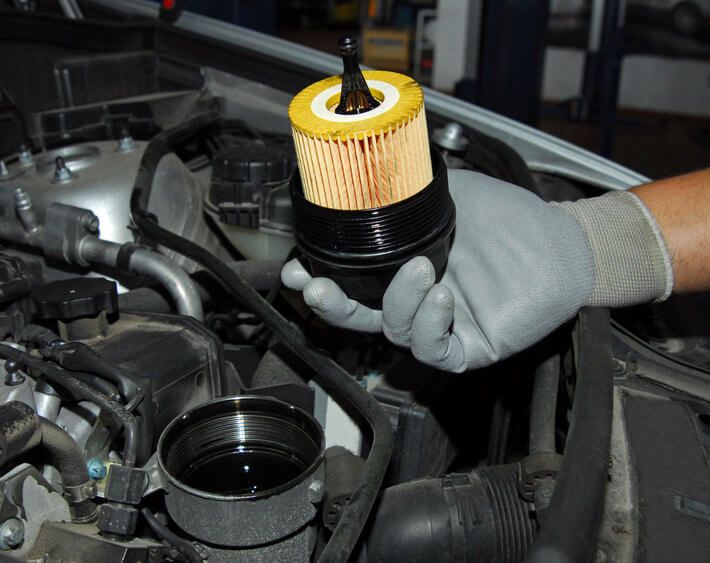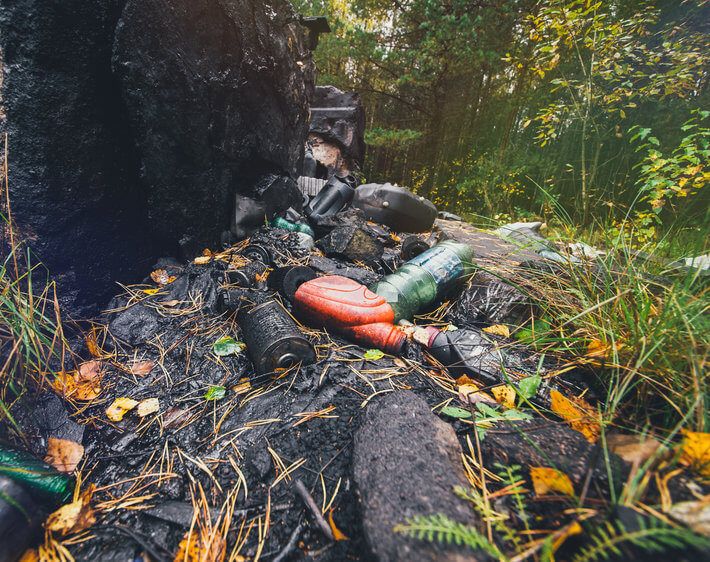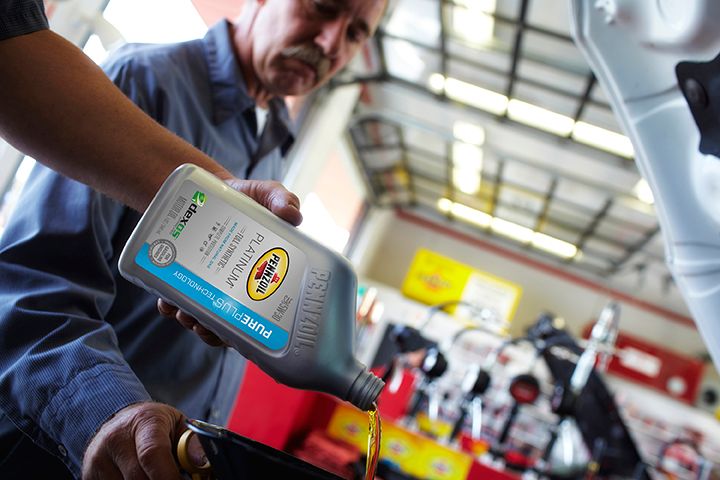There’s a lot going on under the hood of your car. You know the big picture, i.e that your car couldn’t run without its battery or transmission, but do you know what else is under there? You’ve got everything from hoses to antifreeze under the hood. Amidst all the nuts and bolts sits your engine’s under-appreciated treasure: the oil filter. That little cylinder does more than add a pop of color to your engine. Without it, your car wouldn’t be running smooth for long. Read on to learn how your oil filter helps your car run newer, longer, and why staying on top of your regularly scheduled oil change is so important.
What Does An Oil Filter Do?
Let's start with the basics. The entire purpose of a car’s engine is to convert fuel into energy, and that energy moves your car. This process requires a lot of moving pieces, all of which are lubricated by motor oil. This increases efficiency and reduces wear, giving you a more productive engine with a longer lifespan. To help out this lubrication process, your engine needs an oil filter.
Motor oil keeps all the pieces of your engine, from the valve train to the piston rings, lubricated to prevent metal-on-metal friction and overheating. To get oil out to all of these little bits and pieces, your engine has an oil pump which puts oil that's resting in the oil pan to work. The oil running through this system only remains effective so long as it can successfully lubricate all the engine's moving parts. To do this, the oil needs to be kept as clean as possible. A sludgy, messy engine won’t do you or your car any good.
This is where your oil filter comes in handy. It captures any harmful debris, dirt, and metal fragments that have finagled their way into your system. With a clean oil filter in place, more material gets picked up. More material getting picked up means cleaner oil. Cleaner oil means a healthier engine and a happier you.
Types of Oil Filters
The oil filter is the unsung hero of your car’s engine. That being said, not all filters are the same. There are two main types out there. The first is compact, a canister filter which can be removed or installed as a single unit. The second requires more installation. It is composed of a separate filter that attaches to a cap in the filter housing. Either style will clean your engine’s oil when installed properly. Both should be replaced with every oil change to ensure your engine continues to perform its best. Check your owner's manual to learn more about the oil filter type that's best for your vehicle.
Where Can I Get My Oil Filter Changed?
Whether your ideal Saturday involves amateur auto repair or you can’t tell the carburetor from the exhaust pipe, we’ve got you covered. Our expert technicians can help you choose the best motor oil and filter for your car (although you should be careful about changing your own oil) or perform the service for you. Firestone Complete Auto Care’s full-service oil change includes an oil filter change that will keep your engine happy and lubricated. Schedule an appointment online today and visit Firestone Complete Auto Care for a full-service oil change near you!


